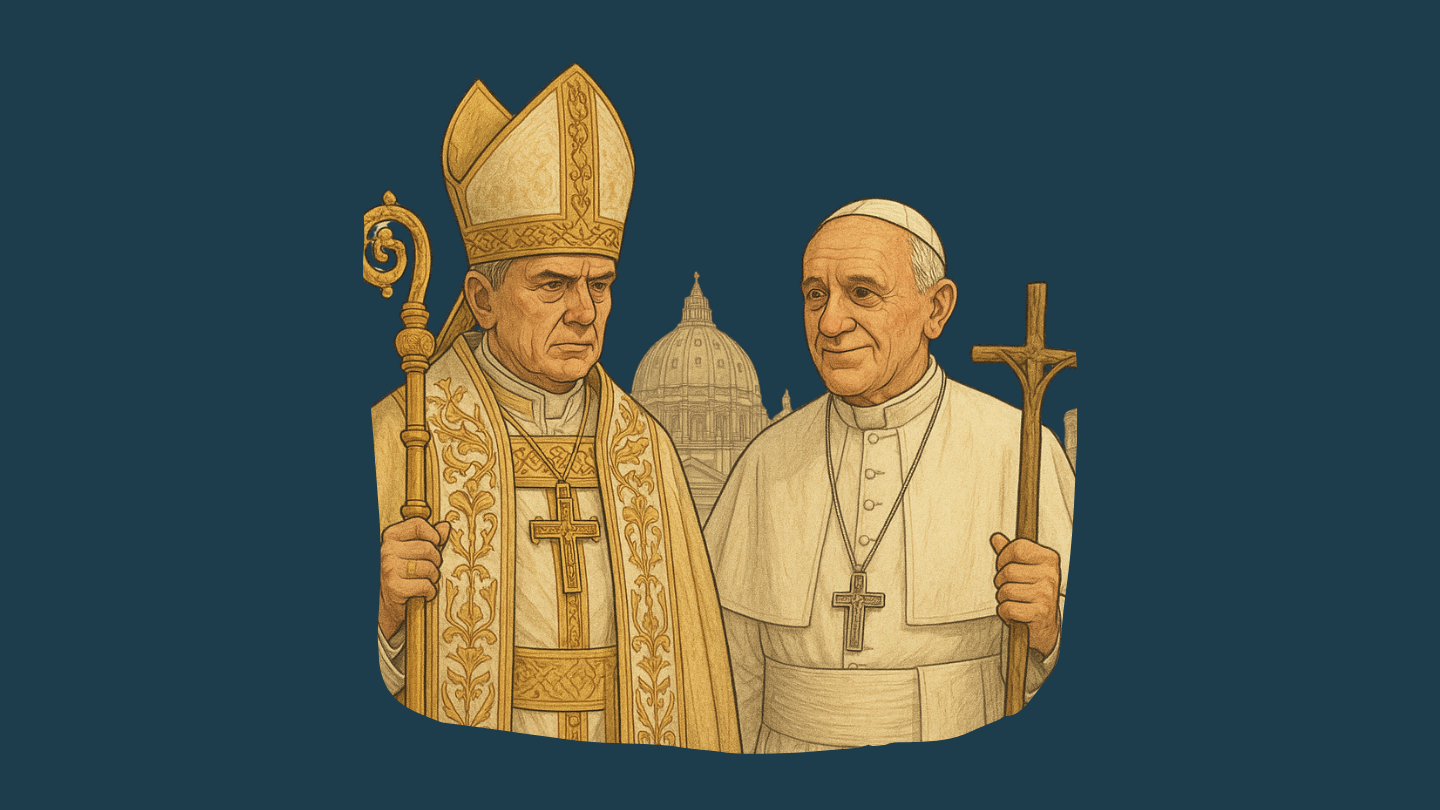memory
Translations
Don't see your language? Try Google Translate
Noun type
Abstract Noun: "Memory" is an abstract noun because it refers to the mental capacity for retaining and recalling information, experiences, or sensations — or to the actual content remembered. It’s intangible, rooted in the mind rather than a physical object.
It is uncountable when referring to the faculty or capacity: “Memory tends to decline with age.” It is countable when referring to specific recollections: “He shared his memories of childhood summers.”
From Latin memoria (“remembrance, faculty of remembering”), from memor (“mindful”).
Definition/s
- The faculty by which the mind stores and remembers information.
- The power or process of reproducing or recalling what has been learned or experienced.
- A recollection or something remembered from the past.
- (Computing) The part of a computer in which data or program instructions can be stored.
Examples
- She has an incredible memory for faces and names.
- The photo brought back vivid memories of their wedding day.
- His childhood memory of that place remained strong even decades later.
- Your phone’s memory is almost full — consider deleting some apps.
What are Openers?

- Openers are conversation starters you will use to participate in a discussion. They come in three forms:
- Ask an open question and understand your conversation partners’s views.
- Make sure to ask follow ups, and remember: this is a conversation, not an interview!
- Tell a personal story. Something that has happened to you, or somebody you know.
- Or tell us about something that you have done or seen.
- Your conversation partners must then follow up with you or reciprocate with their own stories.
- Share an opinion about something that the content has inspired.
- Respectfully identify any agreement or disagreement there is in the room.
What are Openers?

- Openers are conversation starters you will use to participate in a discussion. They come in three forms:
- Ask an open question and understand your conversation partners’s views.
- Make sure to ask follow ups, and remember: this is a conversation, not an interview!
- Tell a personal story. Something that has happened to you, or somebody you know.
- Or tell us about something that you have done or seen.
- Your conversation partners must then follow up with you or reciprocate with their own stories.
- Share an opinion about something that the content has inspired.
- Respectfully identify any agreement or disagreement there is in the room.
The Skinny
You’ve been asked to brief a senior executive (the “boss”) on a key issue from a recent business news event. This person is busy and relies on you to give them insight, not headlines.
You have 60–90 seconds to deliver a concise, high-value update tailored to their concerns and communication preferences.
- Who are they?
- What do they care about?
- What do they not want to hear?
- What part of the story matters most to them?
- Don’t explain everything—prioritise.
- Be clear, precise, and professional.
- Avoid informal or emotional language.
Two Papal Styles: Clerical vs. Pastoral

Understanding the difference can help us see why Pope Francis felt so different from past leaders—and why some people loved his style while others disagreed with it.
- Focuses on rules, tradition, and Church authority
- Speaks with clear, firm direction
- Keeps strong boundaries between Church leaders and members.
Example: A clerical pope might defend strict Church teachings on family or sacraments.
- Focuses on compassion, listening, and inclusion
- Tries to meet people where they are.
- Emphasises mercy over judgment.
Example: A pastoral pope might welcome divorced people or support migrants and the poor.

